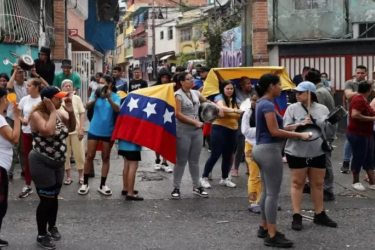PSUV
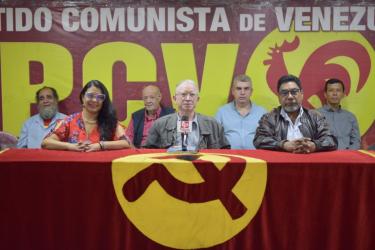
False anti-imperialism and the class struggle in Venezuela
Pedro Eusse outlines the Communist Party of Venezuela’s position on the Maduro government and responds to statements made by Steve Ellner about his party.
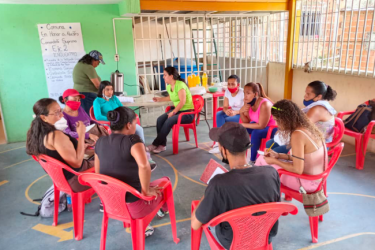
Revitalizing popular counterpower in Venezuela: Tensions between the PSUV and popular organizations
John Brown & Atenea Jiménez — Under an increasingly authoritarian government, Venezuela’s Chavista project faces stark challenges and dilemmas.
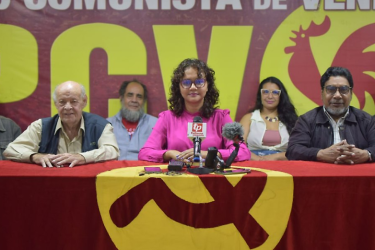
Venezuelan Communist Neirlay Andrade: ‘An authoritarian regime is never the better option’
Neirlay Andrade argues that the Maduro government’s refusal to publish election results means it ‘is crossing a line of no return and rapidly imposing a reactionary regime.’
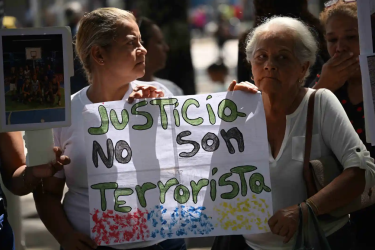
Venezuela after the presidential election: ‘This is not a left-wing government’
Atenea Jiménez & Simón Rodríguez — More and more leftists, including former Bolivarian activists, are forming new coalitions and campaigns against the government.
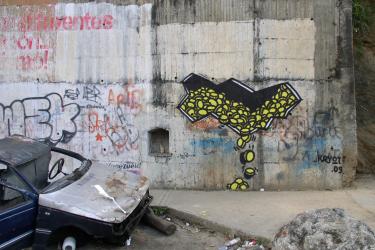
Against authoritarianism and neoliberalism in Venezuela: A view from the critical left
In this conversation, Edgardo Lander seeks to move beyond the dogmatic, schematic and sectarian views that characterise much of the international flow of information and analysis on Venezuela.
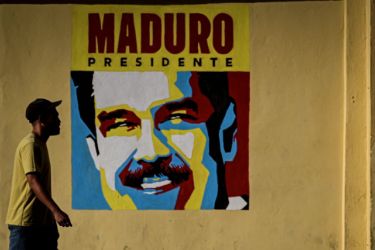
The end of Venezuela’s Bolivarian process? An interview with community activist Gerardo Rojas
Gerardo Rojas discusses the July 28 presidential election, the current state of community organising in the country and why we might be witnessing the Maduro government’s final break with the Bolivarian process.
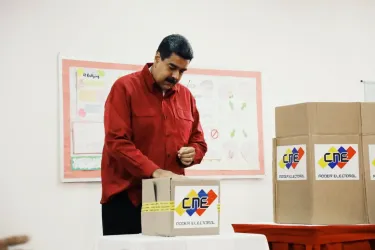
Venezuela’s presidential elections: Maduro plays hardball but there are drawbacks
Steve Ellner lays down the political stakes and US meddling ahead of Venezuela's electoral race.
Trump versus the Venezuelan Revolution

Rally in Caracas against Trump's military threats
By Shamu